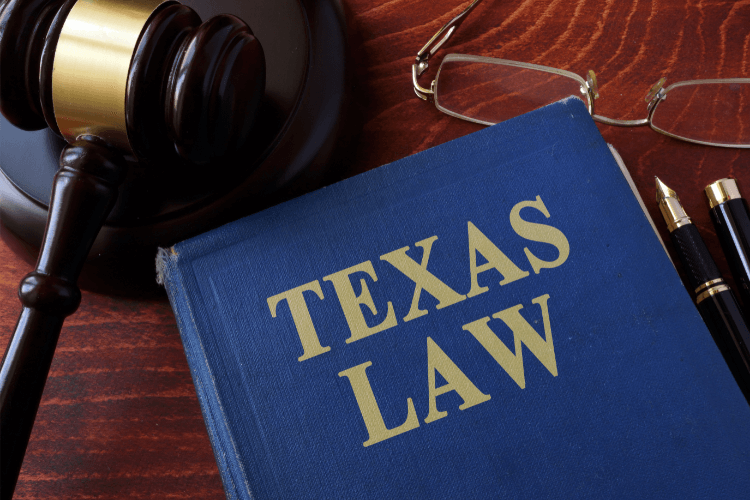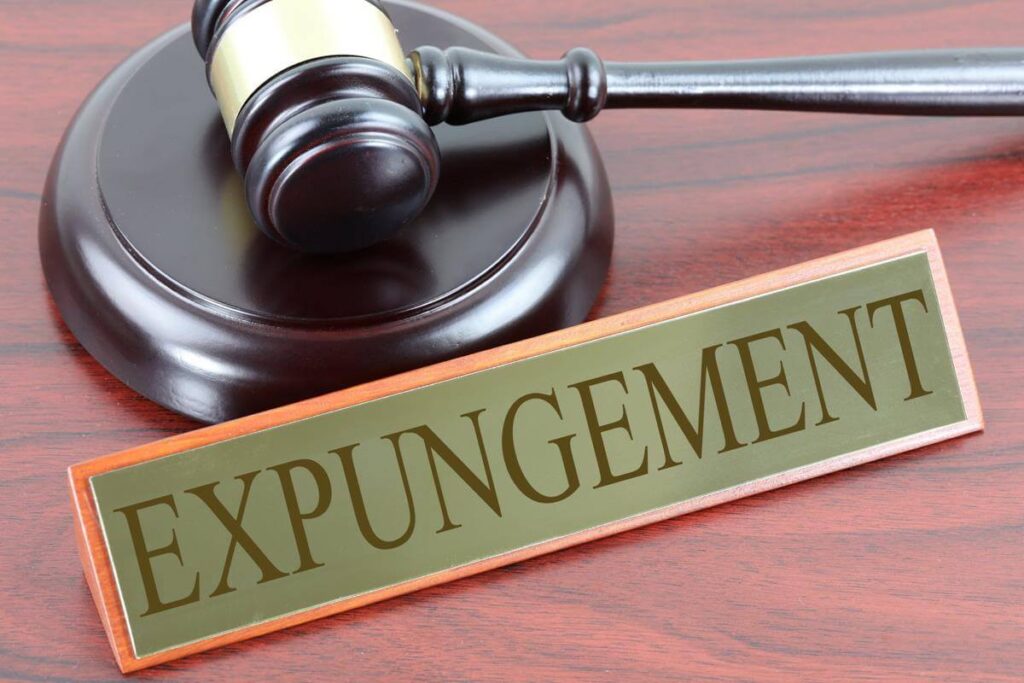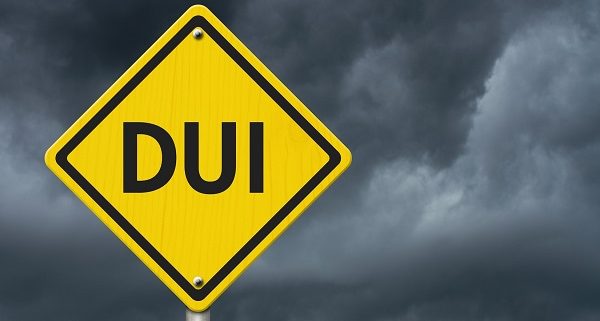Understanding Background Checks in Texas
Background checks are a crucial aspect of the legal landscape in Texas, particularly for individuals facing criminal charges. These checks can reveal a person's criminal history, driving records, and other pertinent information that may impact their legal standing.
In Texas, background checks are commonly utilized by employers, law enforcement, and legal professionals to assess an individual's suitability for various roles or responsibilities. For instance, rideshare companies like Lyft require background checks to ensure the safety of their passengers, making it essential for drivers to understand how their records may influence their employment opportunities.
Legal Implications of DUI Charges
DUI charges carry significant legal implications that can affect an individual's life in numerous ways. Convictions can lead to fines, license suspensions, and even jail time, depending on the severity of the offense and prior convictions.
Understanding these implications is vital for anyone facing DUI charges, especially for rideshare drivers who may risk their livelihood. The consequences of a DUI can extend beyond legal penalties, impacting insurance rates and employment prospects, making it crucial to seek legal advice promptly.
Strategies for Navigating DUI Court Proceedings
Navigating DUI court proceedings can be complex and overwhelming. Having a clear strategy is essential for anyone facing such charges to ensure they are adequately prepared for what lies ahead.
Effective strategies may include gathering evidence, understanding the legal process, and working with an experienced DUI attorney. By being proactive and informed, individuals can enhance their chances of achieving a favorable outcome in court.
Common Defenses Against DUI Charges
There are several common defenses that individuals can utilize when facing DUI charges. These defenses can vary based on the specifics of the case and the evidence presented by law enforcement.
Some popular defenses include challenging the validity of the traffic stop, questioning the accuracy of breathalyzer tests, and demonstrating that the driver was not impaired at the time of arrest. Each case is unique, and consulting with a knowledgeable attorney can help identify the most effective defense strategy.





